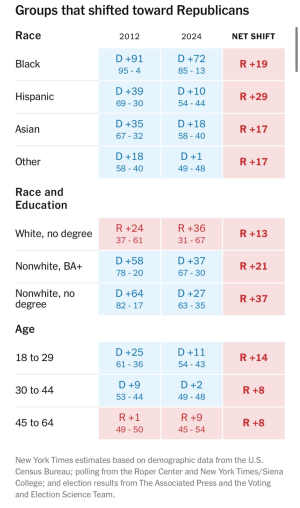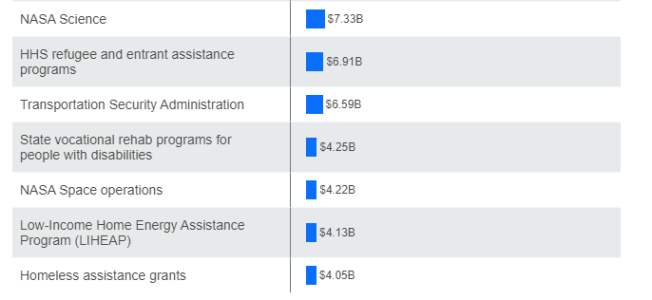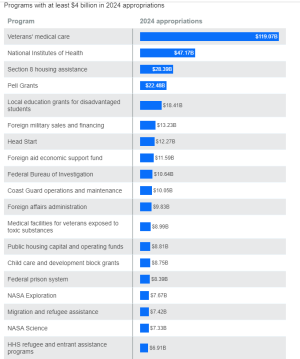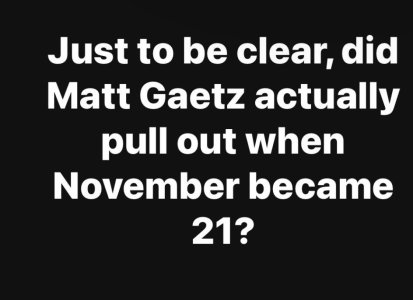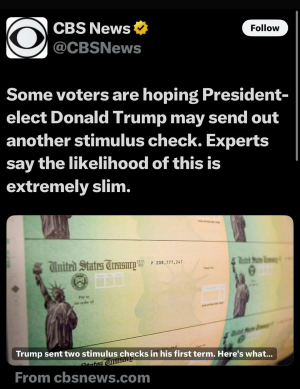The Snopes analysis goes on to cite an article from Discovery News which notes that even on the rare occasion when online voting was used, it failed to work in some cases and those systems will not be revisited in 2012. The analysis also adds:
(SOE software does have a more expansive roster of U.S. customers, but their products are aimed at providing ancillary services to local governments such as helping constituents communicate with government offices or displaying election results, not systems to record and tabulate votes.)
Malkin notes that, contrary to what the emails claim, Scytl’s acquisition of SOE software does not equal a vote-counting takeover:
While SOE boasts of a presence “with 900 jurisdictions as customers in 26 states,” there is no single contract that the federal government has entered into, or could, with Scytl to count the 2012 presidential election votes. Much of the work Scytl/SOE analysts do is number-crunching and graphics software work after local and state officials have done the vote-counting.
Scytl does have a contract with the feds to use its technology to help overseas and military voters participate in elections. In 2009, the Military and Overseas Voter Empowerment Act mandated that U.S. jurisdictions allow uniformed and overseas citizens to receive and track their ballots electronically. Scytl’s online ballot program was used in 14 states during the 2010 midterms.
Okay, nothing there. What’s the next point? From Snopes:
The security and auditability of online voting systems remains a subject of debate, which, as noted above, makes it quite improbable there will be any statewide (much less nationwide) use of systems like Scytl’s in tabulating votes for the 2012 presidential election.
Snopes’ analysis goes on to highlight an article by Steve Wildstrom, writing in Tech.pinions, which clearly outlines the security difficulties in implementing these types of systems. And Wildstrom isn’t alone. A whole host of experts in electronic security industry agree that no type of system will be put in place in the U.S. any time soon.
But here’s where it get really good. Snopes takes a look at Scytl’s CEO Pere Vallés and his supposed connections to the Democrat Party:
Despite claims that Pere Vallés “donated heavily to the 2008 Obama campaign,” a search of all donors to the 2008 presidential campaign of Barack Obama does not turn up a contribution (of any size) from anyone with that name.
And, of course, there’s the fact that there’s “no evidence supporting the common rumor that financier George Soros holds an ownership stake in Scytl.”
Indeed, Scytl’s investors are Nauta Capital, Balderton Capital, and Spinnaker SCR.
“Soros doesn’t ‘own’ any of these international venture capital firms — and as far as my research shows, he has no involvement whatsoever with any of them,” Malkin writes.
“Moreover, Scytl’s board of directors doesn’t include anyone with Soros financial or management ties. Pressed for evidence, one Internet conspiracy nut cited an ‘invitation only event’ in Moldova that listed both the ‘Soros Foundation Moldova’ and Scytl as attendees,” she adds.
Okay, let’s recap: We’re supposed to believe that the election is being stolen by a Sores-connected company run by a shady Democrat CEO, right? Well, aside from the fact that the company has no ties to Soros and the CEO has no record of ever contributing money to President Obama (as the emails claim), why not?[
Bottom Line: The Soros-Obama vote-counting rumor is factually inaccurate on every count and there is literally (as Vice President Joe Biden would say) nothing to back up this claim.
We understand Soros’ influence with the Democrat Party runs extraordinarily deep. We get that. But before we start accusing people of rigging elections, we need to have at least a shred of evidence.
/quote]



















